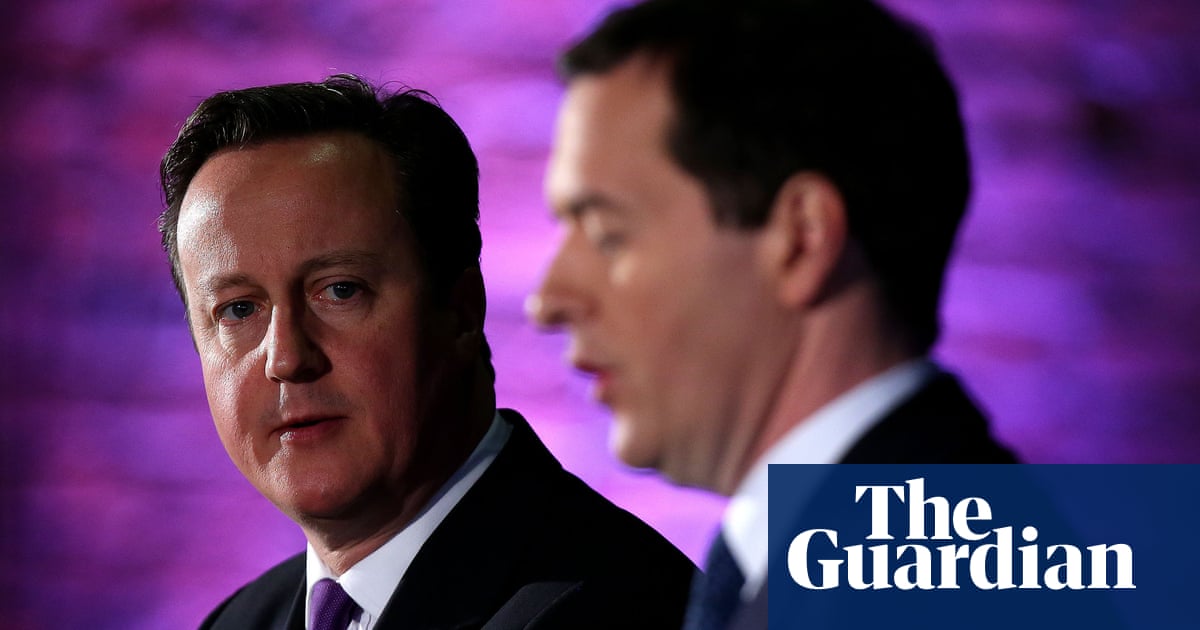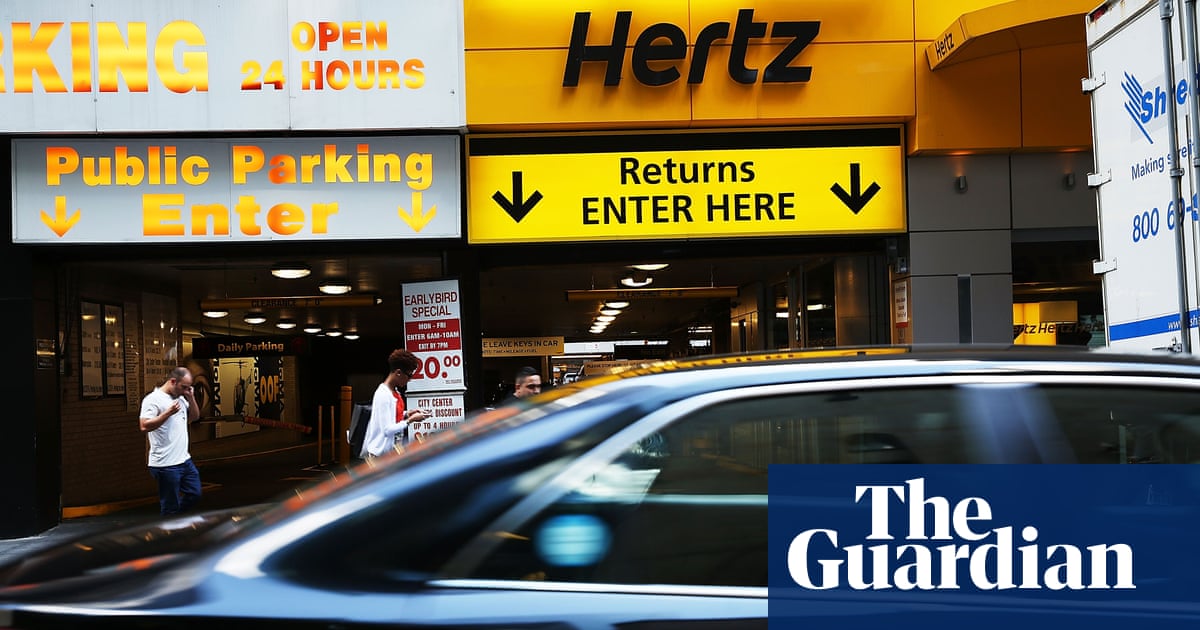
A decade of austerity by the Conservative-led governments after 2010 resulted in more than half a trillion pounds of lost public spending and a weaker economy, a left-of-centre thinktank has calculated.
The Progressive Economy Forum said that had state spending continued at the pace before David Cameron became prime minister, it would have been £91bn higher by 2019 – enough to cover the entire education budget in that year.
A report by the thinktank says over the 2010-2019 period as a whole public spending would have been £540bn higher had previous plans been stuck to.
Cameron and his chancellor, George Osborne, said there was no alternative to government belt-tightening after the UK’s budget deficit rose to a then record high as a result of the global financial crisis of 2007-09.
The coalition government announced tough measures in the budget immediately after the 2010 general election on the grounds that control of spending was vital to maintain the confidence of the financial markets, reduce the national debt and keep interest rates low. Similar arguments have been made by Rishi Sunak and Jeremy Hunt after the financial market turmoil during Liz Truss’s brief premiership.
However, a paper by four PEF researchers – Rob Calvert Jump, Jo Michell, James Meadway and Natassia Nascimento – said the austerity measures – in 2010 and later in the decade – had led to weaker growth, a low-wage economy and contributed to the vote to leave the EU in the 2016 referendum. Public spending rose by 1.5% a year in nominal terms on average between 2010 and 2019, Meadway said.
Using figures from the independent Office for Budget Responsibility, the paper demonstrates that governments from 2010 onwards could have maintained real-terms growth in public spending at the 3% level inherited from the previous Labour government and, by accompanying spending increases with matching tax rises, still have reduced Britain’s government debt burden by 2019.
With the Conservatives and Labour wedded to fiscal prudence, the thinktank said there was a need to assess the economics of austerity.
“After more than a decade of austerity, the UK lives with private affluence – if only for the privileged few – amid public squalor,” the paper says. “This did not have to be the case, and does not need to be the case in the future.”
The paper said voters had been told austerity would result in faster growth by boosting confidence but instead it had reduced the bargaining power of workers and contributed to the UK’s low-wage, low-productivity economic model. Britain’s debt to GDP ratio in 2019 would have been three percentage points lower at about 70% had governments pursued a balanced budget expansion in which spending was matched by tax increases.
Calvert Jump said: “Austerity was never a necessity but a poor economic choice whose effects are now all-too apparent. A return to spending cuts in the wake of the Covid-19 pandemic would inflict a similar, dramatic cost on an economy that has barely recovered from the last round of cuts.”












